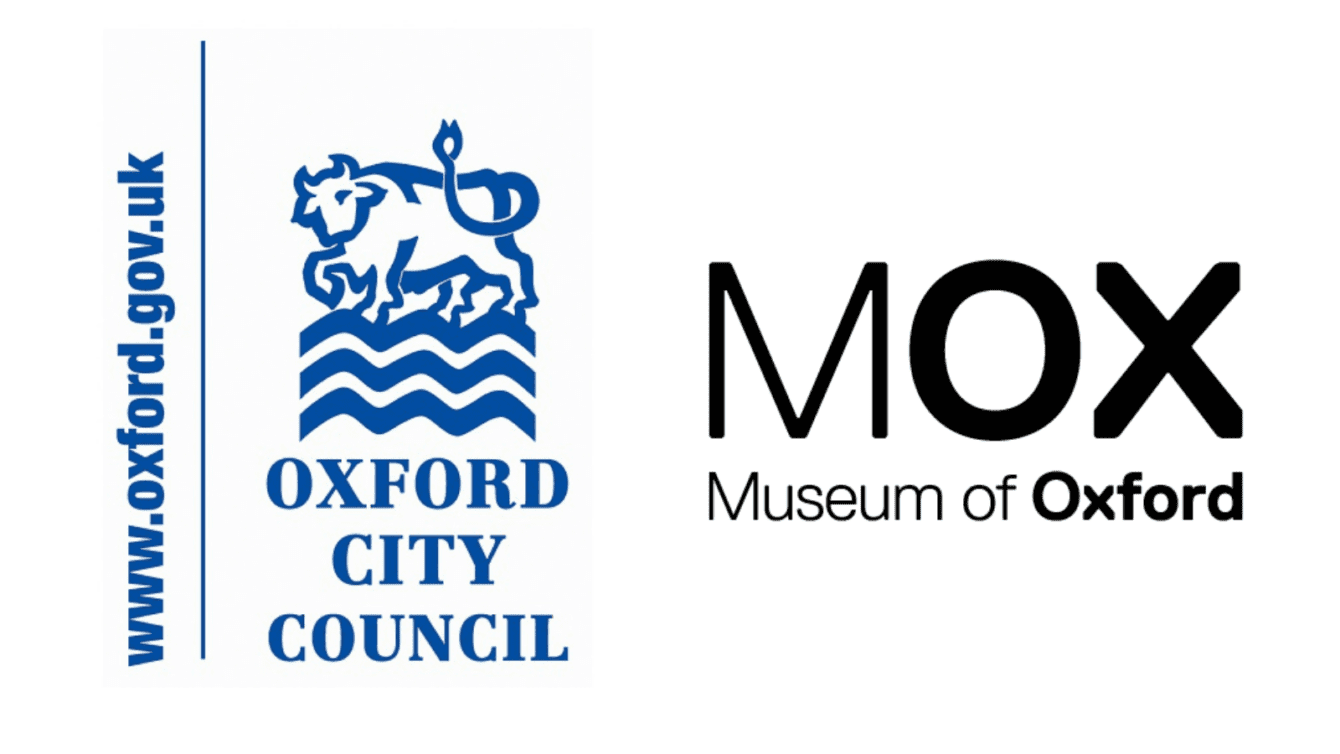Women’s experience of war captured in new exhibition at the Museum of Oxford

The experiences of women in a time of war and the value and comfort of everyday items is brought to life in a new exhibition at the Museum of Oxford.
Curated by Rana Ibrahim, founder and director of the Iraqi Women Art and War (IWAW) group, the Of Ordinary Things exhibition runs from now until 24 September 2022 and features artwork made by members of the Oxford-based group, Rana herself, and her sister Nibal.
The pieces in the exhibition aim to capture the everyday experience, the lives people try to live in the shadow of conflict, and above all, how women experience war. The exhibition text is bilingual, in Arabic and English.
IWAW is a women’s community group and gives women who have been affected by conflict an opportunity to process their experiences and tell their stories through art.
Artist Rana Ibrahim previously worked as an archaeologist at the Museum of Baghdad, but having escaped the Iraq conflict, found herself living, and raising a family, in Oxford.
The exhibition has two parts. The first part, the Seed of an Idea, features artwork made by Rana, and her sister Nibal Ibrahim, in a ‘creative conversation across miles’, when they talked of memories, love, separation, art, and wellbeing.
Artist Nibal was forced to flee from Mosul in Northern Iraq in 2014, with her family to escape Daesh (Islamic State of Iraq). The family arrived in Baghdad with very few belongings and no access to art materials and resources.
Nibal used treasured, yet ordinary, things to build her artwork, to decorate her home and to survive in difficult times. In 2018, the two sisters managed to meet in Turkey, and Rana brought a small collection of Nibal’s work back home to Oxford.
The second part of the exhibition, Of Ordinary Things, displays objects, textiles, collage, multi-media artwork and videos created by IWAW members over the past few years.
There will be art workshops, curator’s tours and Iraqi food tasting sessions during the exhibition.
There is also a linked exhibition to Of Ordinary Things of IWAW mini-Museum on display at the Soldiers of Oxfordshire Museum in Woodstock.
Director Rana Ibrahim of the Iraqi Women Art and War (IWAW) group, said:
“Seeing the ‘Of Ordinary Things’ exhibition on display at the Museum of Oxford with Arabic and English explanations means a lot to me personally as an Iraqi artist and to the Iraqi Women art and War project. It made us feel so proud of our Iraqi identity as well as our British identity. Now the Museum of Oxford is part of our Iraqi oral history”.
Marta Lomza, Museum of Oxford Community Engagement and Exhibitions Officer, said:
“Rana Ibrahim first approached the Museum of Oxford in early 2020 with a proposal to use the exhibition space to showcase and celebrate the group’s work, and since then we have developed a strong relationship.
“Rana’s work is a perfect fit for the Museum of Oxford’s mission to tell the stories of Oxford and its people, particularly those whose voices aren’t often widely shared or heard.
“Work such as this helps people to think about and understand profound issues like war and displacement by exploring them through art”.
For more information on the Iraqi Women Art and War group, please visit:
To support IWAW, please donate here.
ENDS
________________________________________
Notes to Editor
Contact details
Email: pressoffice@oxford.gov.uk (Please note that any replies directly to this Press Release will go to an unmonitored inbox. Please contact email address provided)
Phone: 01865 252096
Images/extra media
Can include a WeTransfer/GoogleDrive link to relevant images or delete, as needed.
About us
Oxford City Council is the democratically-elected local authority for Oxford.
In partnership with others, we provide a wide range of services – including planning, housing, community centres, parks and waste collection – for approximately 152,000 residents, 106,000 people who work in Oxford and the millions of people who visit our world-famous city every year.
We have set four key priorities, all of equal importance and all interconnected:
• to enable an inclusive economy, where everyone has access to sustainable business and employment opportunities
• to deliver more affordable housing, including a new generation of council homes to help meet our acute housing shortage
• to support thriving communities, reducing the stark inequality between our city’s richest and poorest residents
• to tackle the climate emergency by pursuing a zero-carbon Oxford
Our vision is to build a world-class city for everyone.
Oxfordshire has a two-tier system of local government, which means services are provided by two different councils. Oxford City Council provides local services for the city, while Oxfordshire County Council is responsible for strategic, countywide services such as roads, schools and social care.



